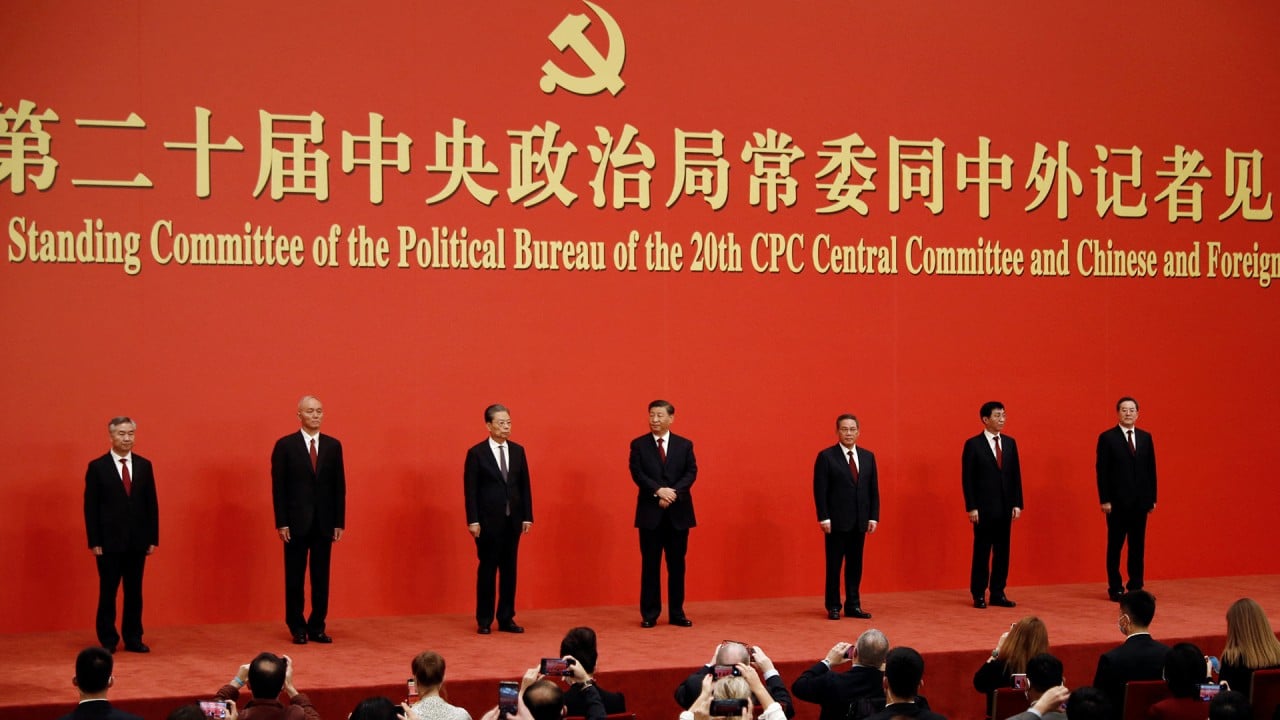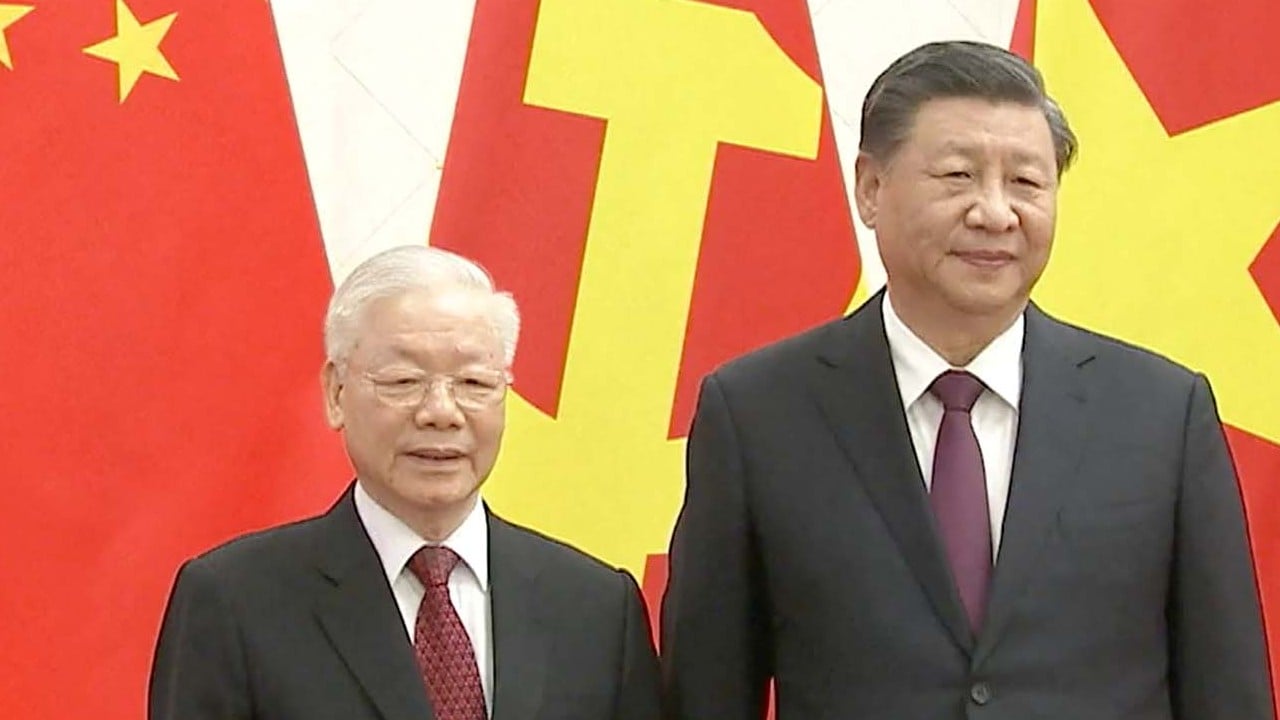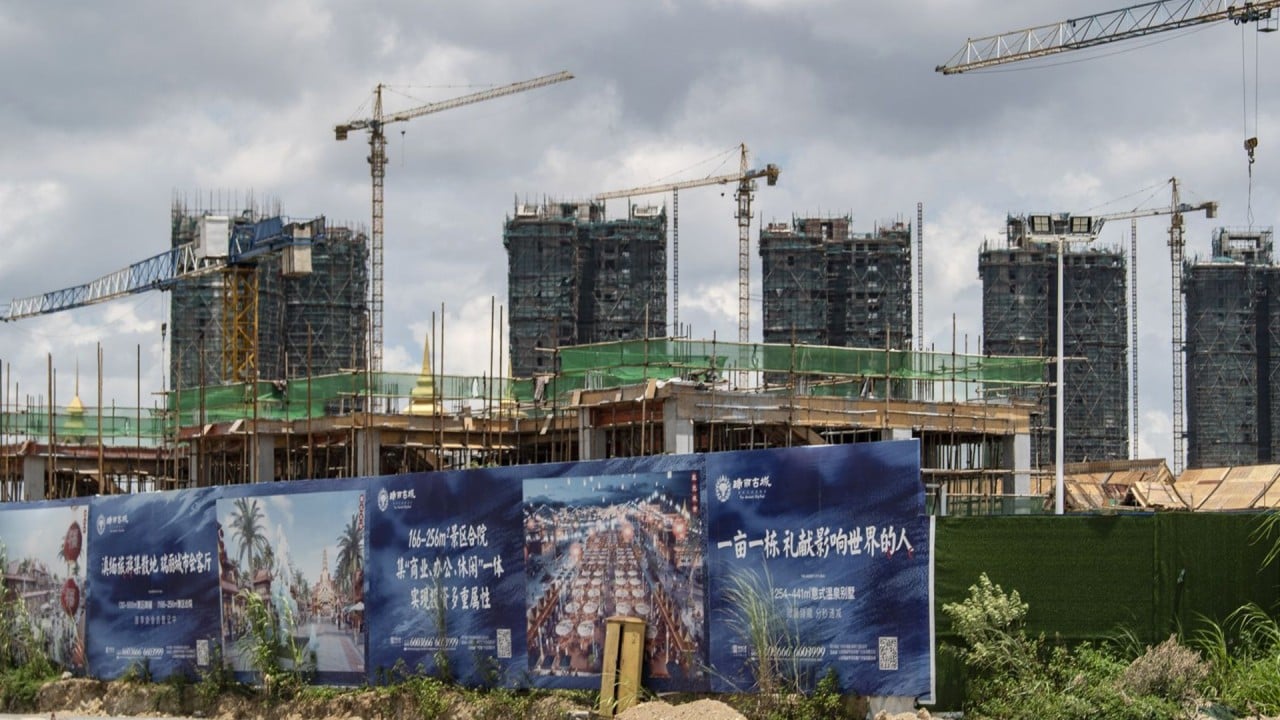
Explainer | China’s central economic work conference: what can be expected, and why is it important?
- Every December, China’s top leaders meet to decide the economic and policy outlook for the year ahead at the central economic work conference
- This year, analysts expect the meeting to focus on proactive fiscal and monetary policy, as well as continued easing of coronavirus restrictions
Following sweeping changes to China’s tough zero-Covid policy, analysts expect more support from the central government to tackle mounting problems facing the economy.
The Communist Party’s Politburo, its top decision-making body, said in a statement last week it aims to turnaround the economy next year and significantly boost market confidence.
In addition to lifting restrictions, over the past few months Beijing has stepped up efforts to rescue the property market and open more sectors for foreign investment.
However, China’s reopening is expected to be plagued by uncertainty over implementation of new virus rules and measures in the property-sector, as well as decelerating global growth.
Why is the central economic work conference important?
Every December, China’s top leaders meet to decide the economic and policy outlook for the year ahead.
The central economic work conference, which is convened by the Central Committee of the Communist Party and the State Council, usually takes two to three days and comes within a week of the Politburo meeting.
The closed-door gathering discusses subjects set by the Politburo and will provide more details on what is on the minds of top policymakers, such as challenges for the economy, while outlining points of action.
This year will be particularly significant as it marks the first major economic meeting held by the party’s new leadership. The economy is facing a bumpy recovery after Beijing pivoted from its zero-Covid policy, and there are ongoing challenges from US tech containment.
The gross domestic product (GDP) target is likely to be on the agenda, though the goal itself is only likely to be disclosed at the annual legislative meeting in March.
What subjects will be on the agenda?
Analysts expect the meeting to focus on proactive fiscal and monetary policy along with continued easing of coronavirus restrictions.
Wang Tao, chief China economist of UBS Investment Bank Research, believes the zero-Covid goal will be further “de-emphasised”, but the government may still aim to limit the scope of infections during winter.
“We expect the government to accelerate vaccination making clearer narrative change in the coming months,” Wang said last week.
Experts are also anticipating a more accommodating stance for the beleaguered property sector, which accounts for a quarter of the economy and has struggled with defaults and stalled projects recently.
4 weaknesses in China’s economy highlighted by outgoing officials
The government may call for continued financial and credit support, more regulatory forbearance for financial institutions’ property credit exposure, greater funding support for stalled projects, and a policy boost for homebuyers, UBS said.
“We see more local governments lowering down-payment requirements and relaxing home purchase restrictions, banks cutting mortgage rates further, and policy banks offering more credit to ensure home delivery,” Wang said.
What other outcomes are expected?
Analysts at Western Securities said there may finally be some support for consumption, which has been substantially weakened by the zero-Covid policy, which mandates mass screening, lockdowns and quarantines.
“[For] those industries or groups whose income has been severely affected by the pandemic and are recovering slowly, subsidies or employment support policies may be introduced,’ Western Securities said last Thursday, adding the government may introduce grants for car buyers to increase sales.
Western Securities said the meeting could set a 5 per cent GDP growth target for next year to help boost confidence.
“Another important message is to take stronger actions to attract foreign investment. This indicates the government recognised the risk of supply chains relocating away from China,” said Zhang Zhiwei, chief economist at Pinpoint Asset Management.
“I’d expect more positive policy surprises in the next few months, now that the government recognised the importance of boosting marketing confidence.”
Will 2023 be a turnaround for China’s economy?
US rating agency Fitch Ratings forecasts growth in China to be just 2.8 per cent this year, and to recover partially to 4.1 per cent in 2023, from both well below pre-pandemic trends.
Even though China will continue to ease restrictions, Fitch Ratings believes a complete turnaround may not happen in the near term.
“With social tensions running high, we expect the mainland authorities to retire the most draconian elements of zero-Covid – such as city-wide lockdowns,” Fitch Ratings said last week.
“However, a fully-fledged policy pivot is not in our baseline, as we believe numerous restrictions will remain in place.
Slower global growth will hamper exports and we see no significant improvement in property developers’ operating environment, Fitch said.




